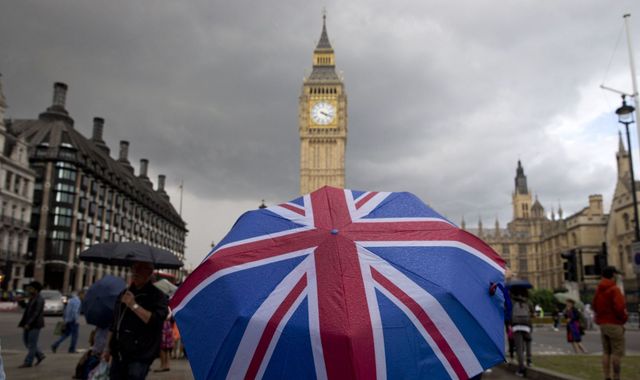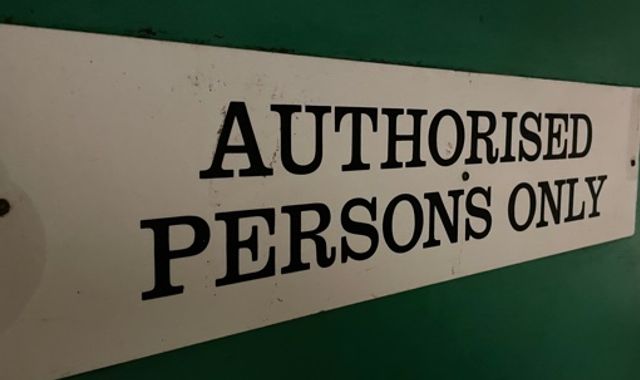No-deal Brexit would plunge UK into recession, OBR watchdog warns
Written by News on 18/07/2019
A no-deal Brexit will plunge the UK economy into recession and could leave a £30bn black hole in public finances, according to the Office for Budget Responsibility (OBR).


The independent body, tasked with providing analysis of the public finances, made the prediction in its annual fiscal risks report as the clock ticks down to the current 31 October deadline for the UK to leave the EU.
In its first published work covering the potential for a no-deal scenario, the OBR stress test concluded the economy would contract next year by 2% before recovering in 2021.
Its calculations are based on its March forecast, which assumed a smooth Brexit, combined with no-deal Brexit models produced by the International Monetary Fund (IMF).
The IMF’s own study, released in April, showed both the EU and UK economies faced a technical recession – defined as two consecutive quarters of negative growth.
The OBR’s chairman, Robert Chote, said of its no-deal Brexit findings: “The big picture is that heightened uncertainty and declining confidence deter investment.
“Higher trade barriers with the EU weigh on domestic and foreign demand, while the pound and other asset prices fall sharply.
“These factors combine to push the economy into recession. The economy and asset prices then recover somewhat over time.”
The report suggested the expected imposition of tariffs and fall in sterling would push inflation higher but the Bank of England, it predicted, would “look through this” and cut interest rates to support demand.
He continued: “The consequences for the public finances are that borrowing is around £30bn a year greater under the stress test than in our March forecast and net debt is about 12% of GDP higher at the five year horizon – and it rises rather than falls relative to GDP over the next three years.”
Mr Chote cited a number of contributing factors, including an estimate that hits to income tax and national insurance contributions will force government borrowing up by around £16.5bn from 2020/21.
Another borrowing pressure, he said, arose from an expectation of weaker capital tax receipts as house prices and stock values suffer.
These losses would be partly offset by customs duties from 2021/22, he added.
The report was released as Boris Johnson and Jeremy Hunt battle it out to be named the new Conservative leader – and therefore prime minister – next week.
Mr Johnson has spoken of his wish for a deal with the EU before the Halloween deadline while Mr Hunt has signalled he is willing to extend the timetable if there is the prospect of a better deal on the table.
The OBR cautioned that its findings were based on current government spending plans and Mr Chote countered claims by Mr Johnson that a well-managed no-deal Brexit would be “vanishingly inexpensive”.
He told reporters: “You are looking here at something that could increase borrowing by £30bn-a-year, so most people would say that’s a significant sum of money.”
:: Listen to All Out Politics on Apple Podcasts, Google Podcasts, Spotify, Spreaker
Chancellor Philip Hammond, who is a fierce opponent of a no-deal Brexit, said the report showed that, even in the “most
benign version” of a no-deal scenario there would be a “very significant hit” to the British economy.
“But that most benign version is not the version that is being talked about by prominent Brexiteers,” he told Reuters.
“They are talking about a much harder version, which would cause much more disruption to our economy, and the OBR is clear that in that less benign version of no-deal the hit would be much greater, the impact would be much harder, the
recession would be bigger.”
Shadow chancellor John McDonnell said the OBR’s report showed the Tories were are a “clear and present danger to the economy and the wellbeing of everyone in the UK”.
(c) Sky News 2019: No-deal Brexit would plunge UK into recession, OBR watchdog warns







